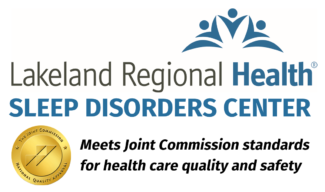 What is the 10-3-2-1-0 sleep rule? The rule, originally coined by a sports medicine doctor, breaks down several factors that may impact your sleep so you can be more aware of them. The numbers reference each step to take throughout the day to get more restful sleep. Below is an outline of the steps.
What is the 10-3-2-1-0 sleep rule? The rule, originally coined by a sports medicine doctor, breaks down several factors that may impact your sleep so you can be more aware of them. The numbers reference each step to take throughout the day to get more restful sleep. Below is an outline of the steps.
- 10 hours before bed: No more caffeine
- 3 hours before bed: No more eating or alcohol
- 2 hours before bed: No more work or studying
- 1 hour before bed: No more screen time
- 0: No hitting the snooze button on your alarm clock the next morning
Doctors say these guidelines could actually help you focus on adopting healthier sleep habits. “Sleep is an important component of overall health and well-being,” says Anita Shelgikar, M.D., a professor of neurology at the University of Michigan Medical School, and spokesperson for the American Academy of Sleep Medicine. “This rule is a catchy frame of reference that may make the information more digestible so you can prioritize sleep.”
The concept leans heavily on common sense and what we know about physiological processes. “Many of these suggested steps relate to sleep hygiene, which is everything you can do to ensure long-term sleep health,” says Jag Sunderram, MD, professor of medicine, pulmonologist and sleep physician at Rutgers Robert Wood Johnson Medical School. “You can think of it as similar to what you do for oral hygiene, such as brushing your teeth and flossing.”
Watch for more in our upcoming monthly blogs!
